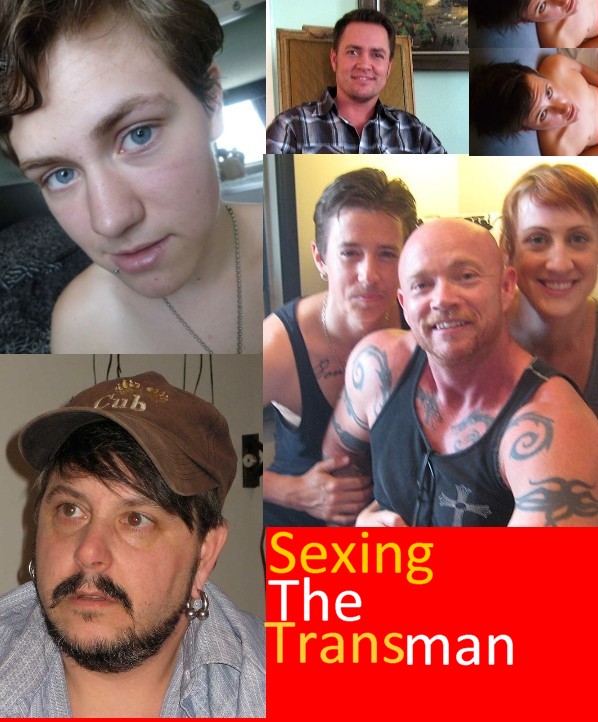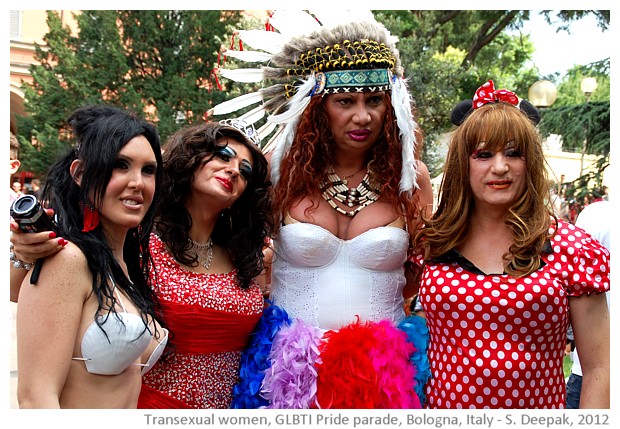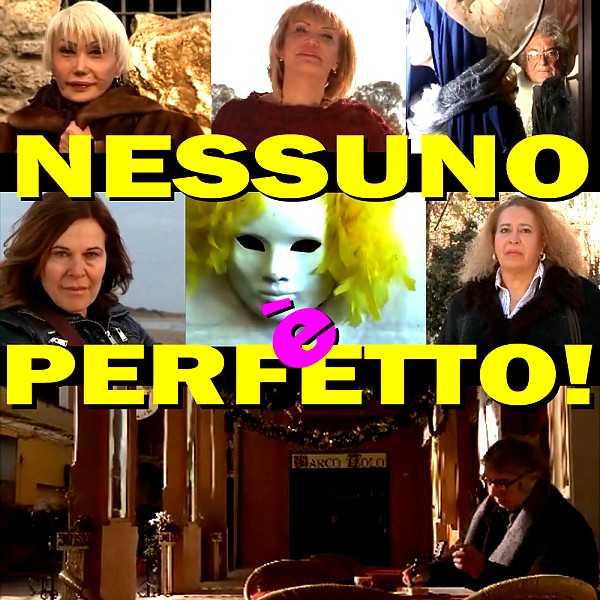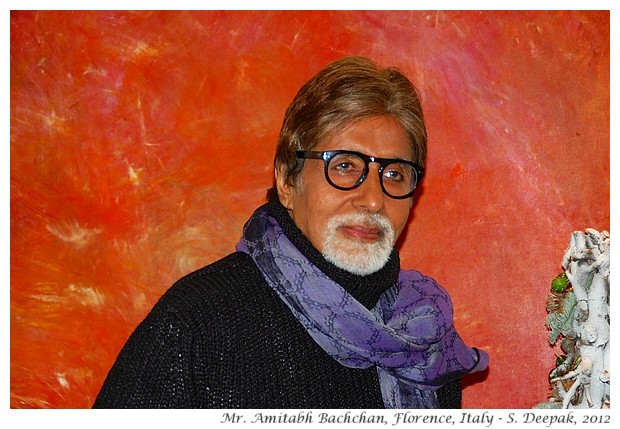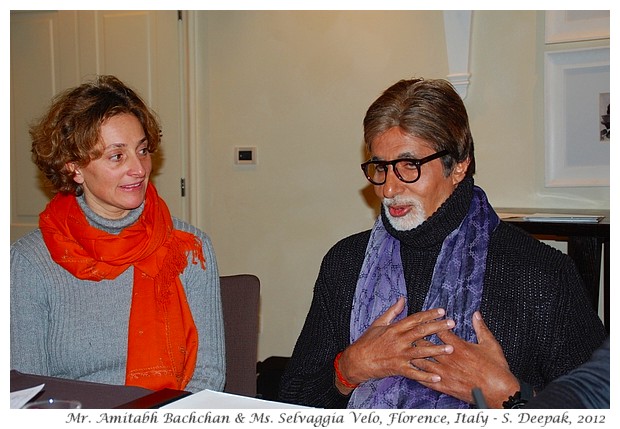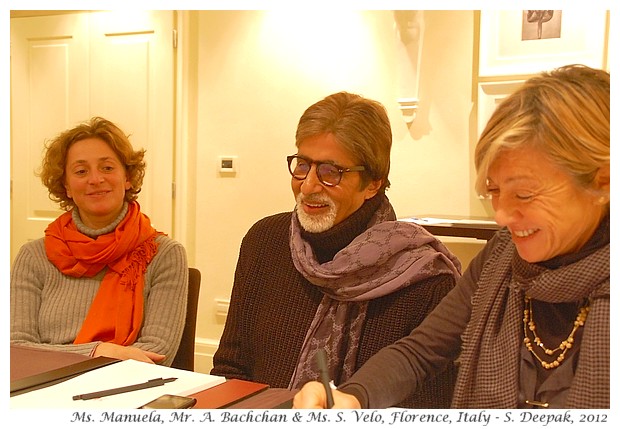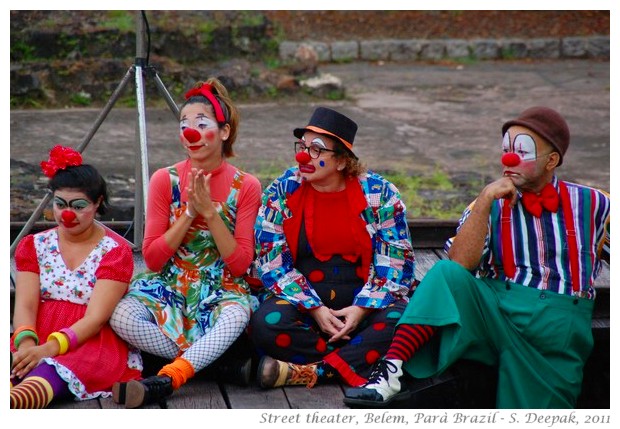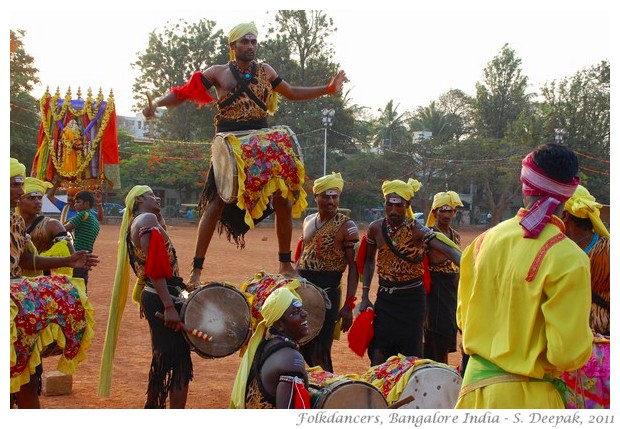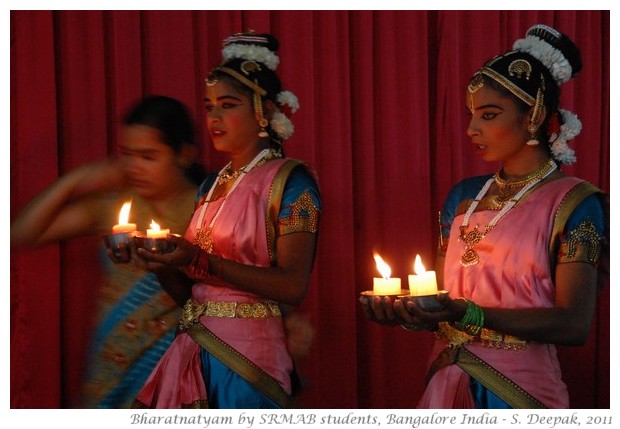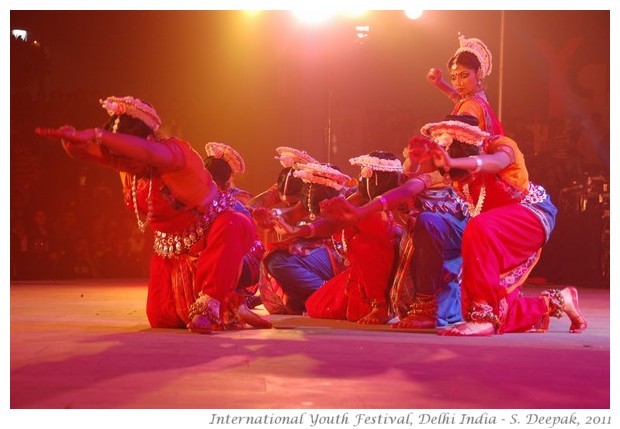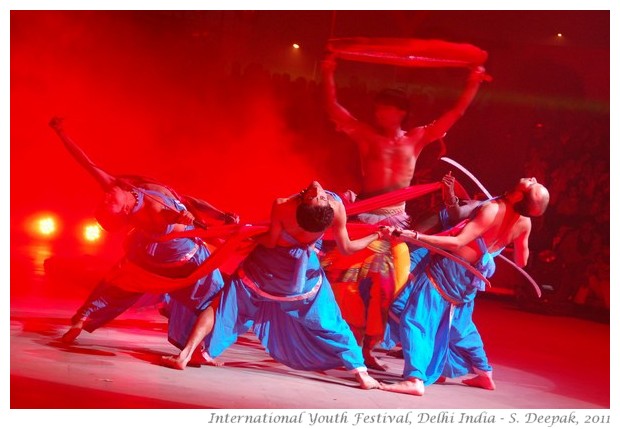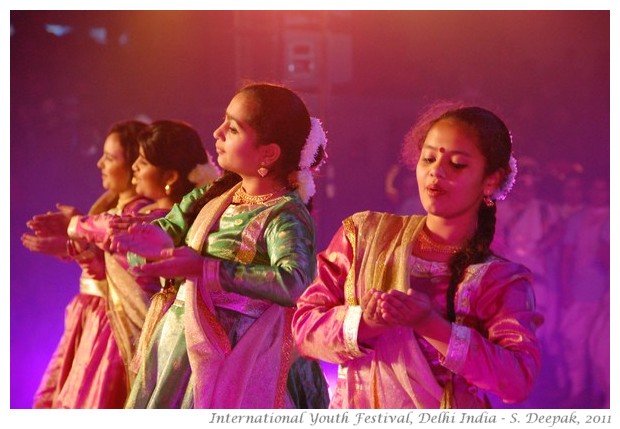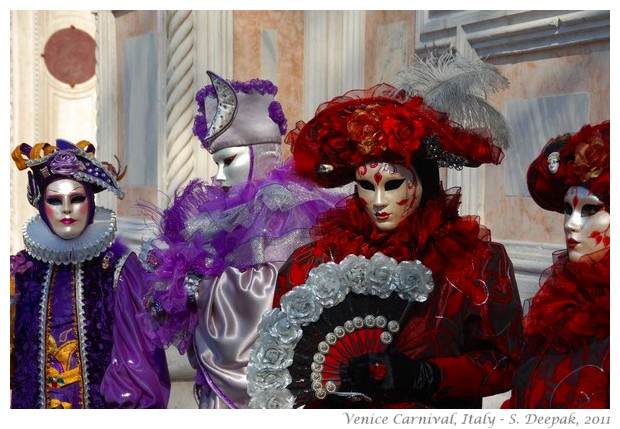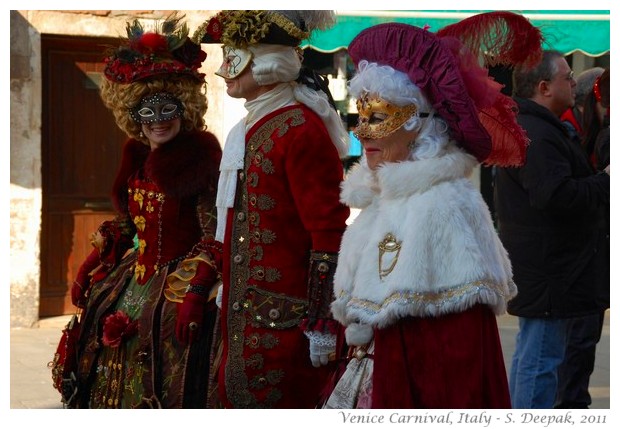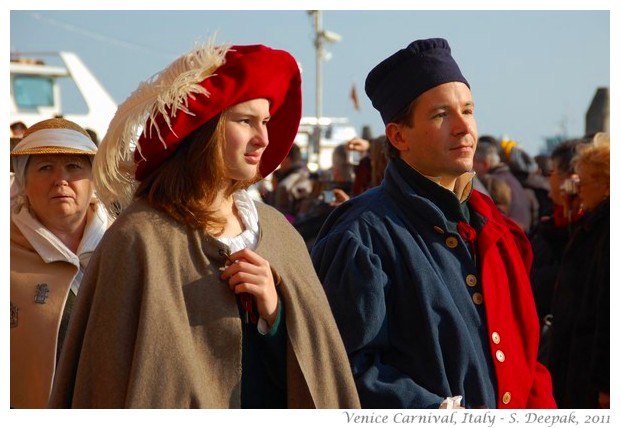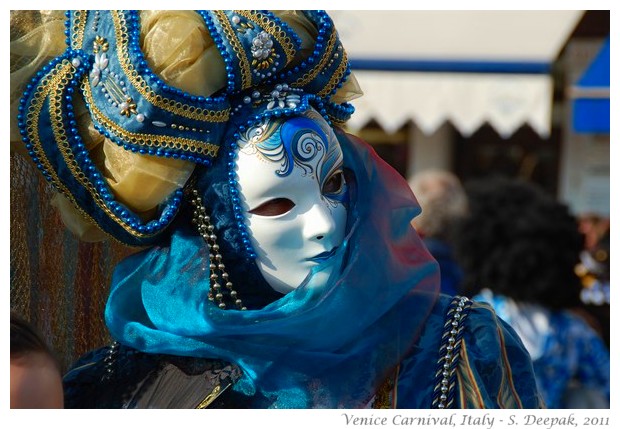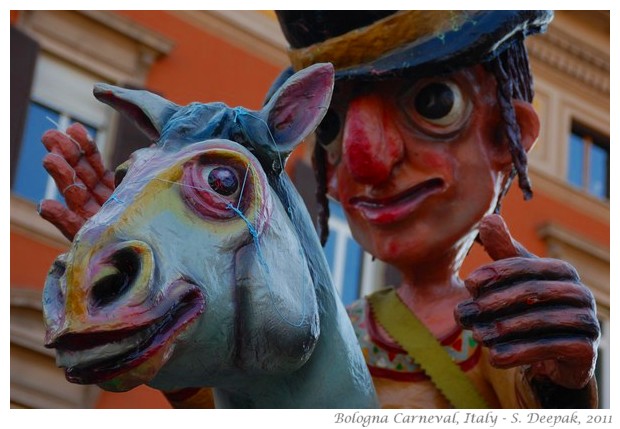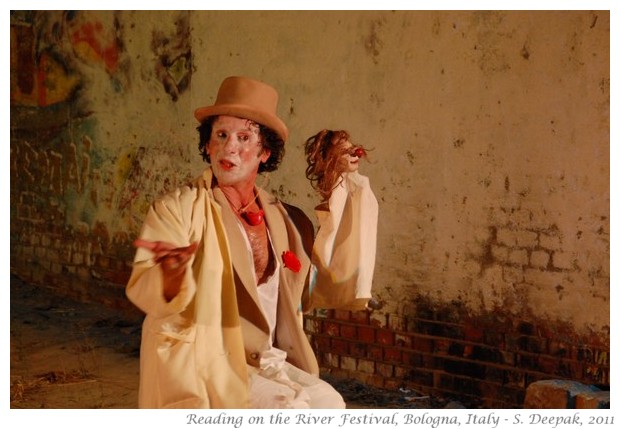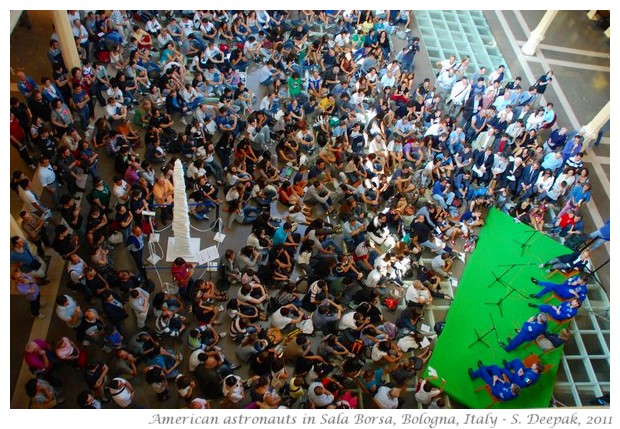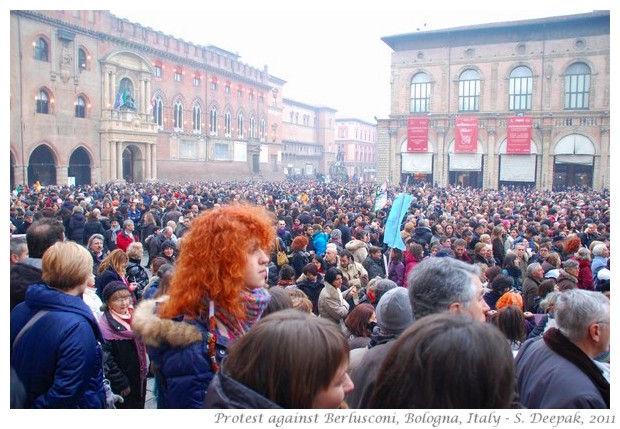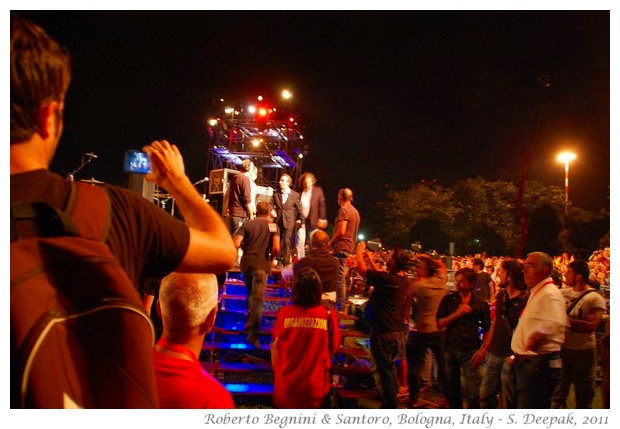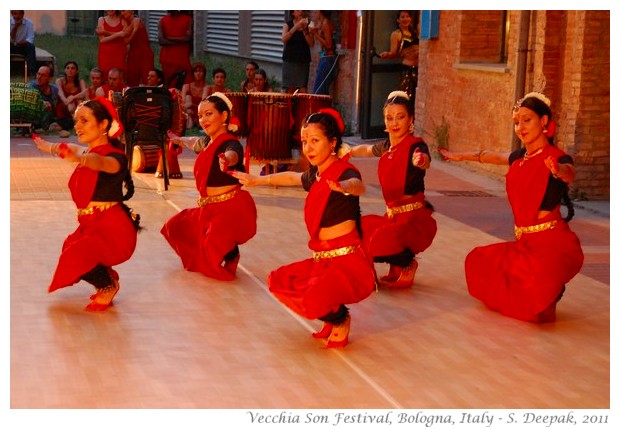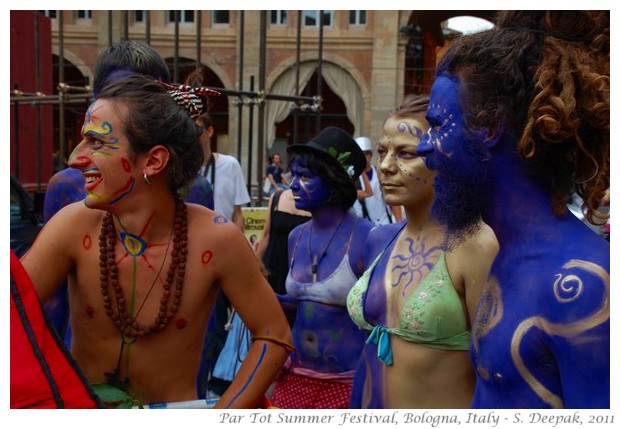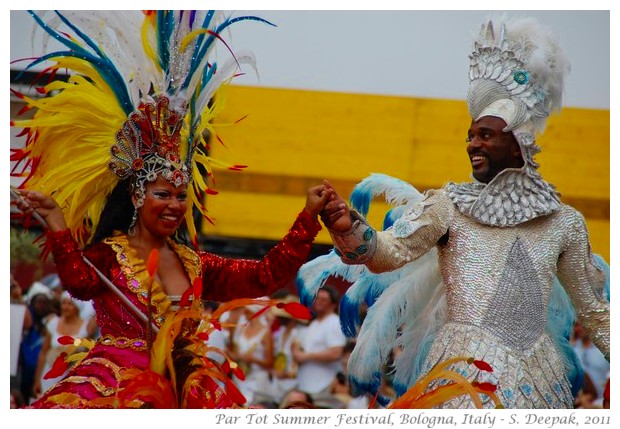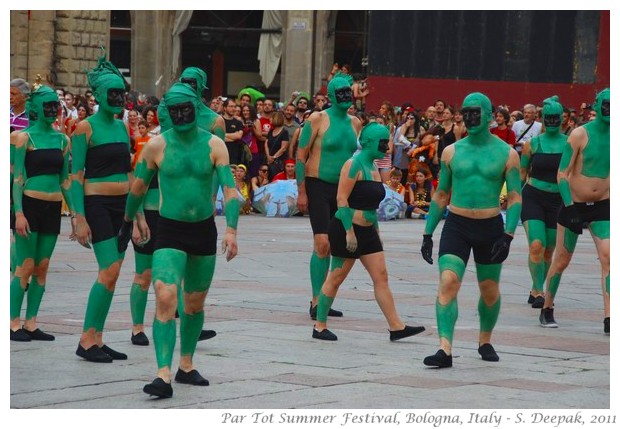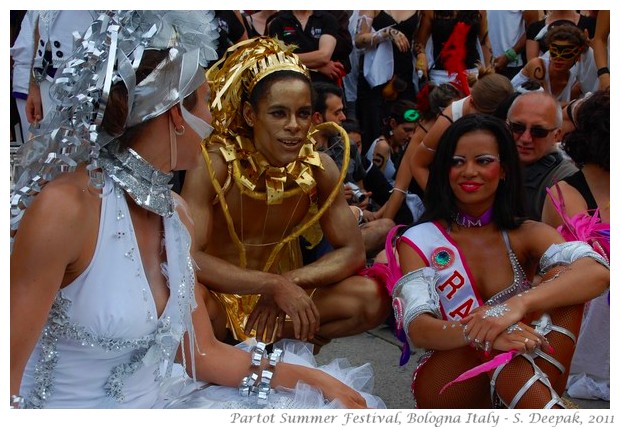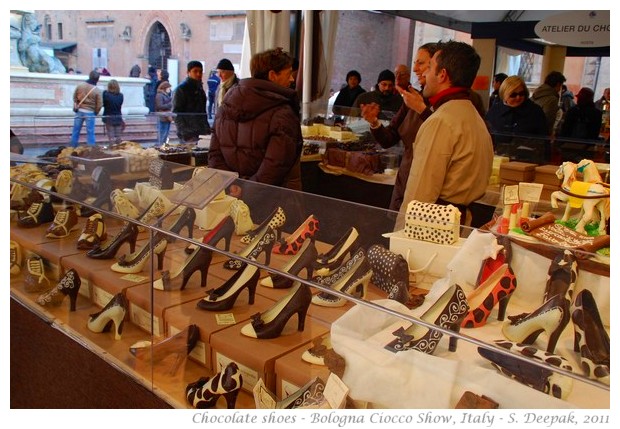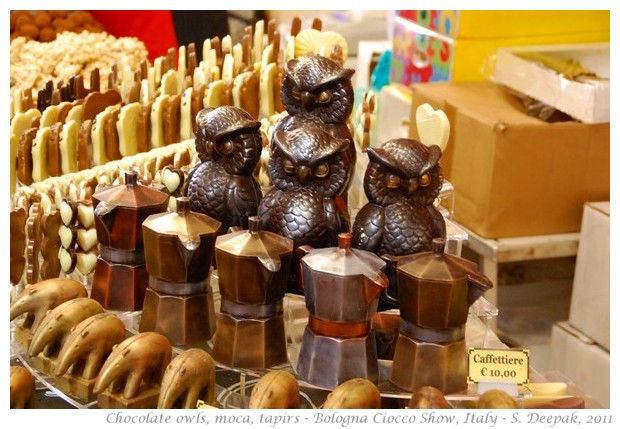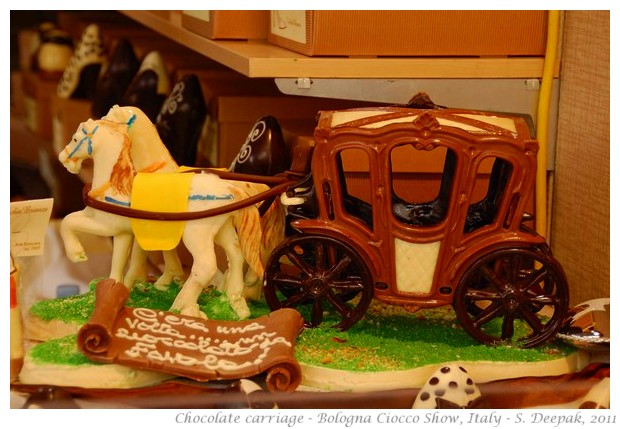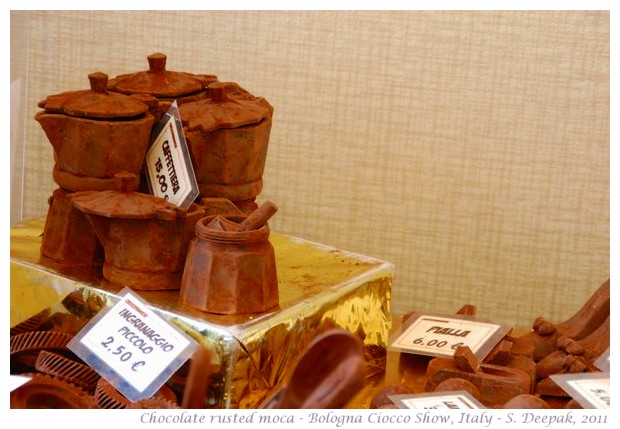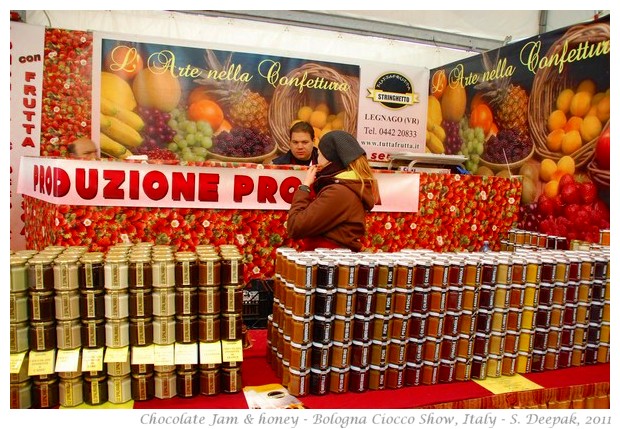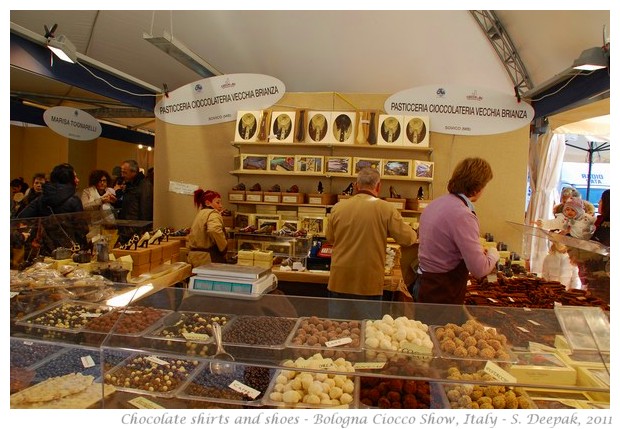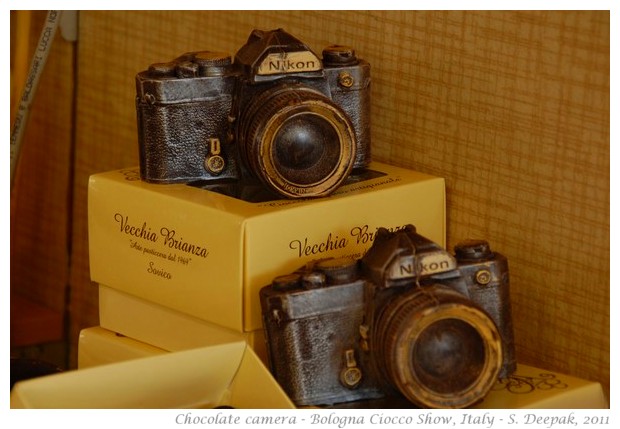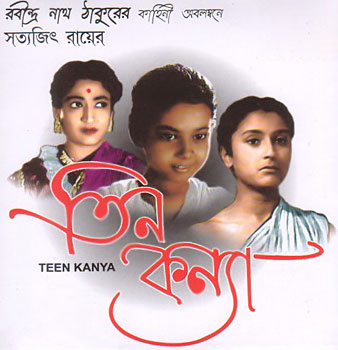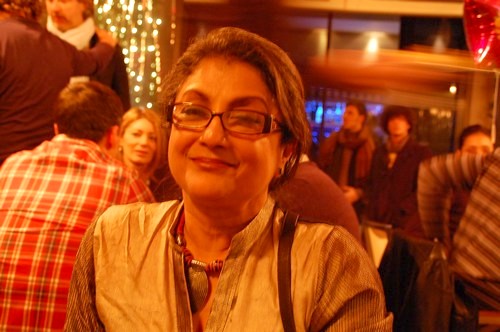Sunday 5 May, was the last day of "Divergenti 2013", the international film festival in Bologna (Italy) on transgender themes. It was also the day of short films.
I was fortunate that on each day of the festival, I was able to watch/attend at least one film or event, though I missed two films that I would have really loved to see - Noor (France & Pakistan, 2012) and Facing mirrors (Iran, 2011). This festival has been an intensive full immersion course into transgender issues for me.
Coming to the short films in the festival, there were five of them on 5 May. I love the short film format and wish that there were more of these films. Here are my impressions about the five short films shown in the festival:
Lili longed to feel her insides
(USA, 2011, 5 min., directors - Adelaide Windsome and Wren Warner)
If you wish, you can watch this film on the youtube video.
Apart from expressing the angst of Lili Elbe, the first person who was identified as transexual in USA and who went through the transition surgery, I am not so sure if I have understood all the things that this puppet-based film wanted to communicate. It shows the challenges and anguish of Lili through a puppet and a background song.
In the film, I was struck by the shot of a butterfly (or was it a crab?), pierced by a stick, fluttering and writhing, trying to get away. However, I am not so sure about the symbolism of the hole on the Lili-puppet's tummy, and pulling out of her body parts, or the stick fixed in her nose.
Perhaps, this film is not about any rational understanding, but it is more about communicating the emotional state and anguish of Lili's experience? Thus, like abstract art, it is not important to ask for meanings, but rather we should focus on the feelings evoked by the images and the song? If you watch this film, I would love to hear about your impressions about this film.
Burmese butterfly
(Myanmar, 2011, 12 min., director Hnin Ei Hlaing)
This is the first film of director Hnin Ei Hlaing from Yangon Film School. The film tells the story of Phyo Lay, born as a boy named Kew, who from her early childhood, felt that she was a girl. She lives with her grandmother in Yangon and calls her "mother". Her grandmother initially tried to control her and to make her behave like a boy, but Phyo Lay's feelings were too strong to be chained.
Duped by a man proposing a job in a bar in Thailand, Phyo finds herself stranded in a border town. She finds work in a bar in a small town of Myanmar and then finally goes to Thailand, to work in a factory. Finally back in Yangon because "I missed my mother", Phyo now works in a beauty parlour, is open about being a transexual and her grandmother has finally accepted her for who she is.
In the last scene of the film Phyo says, "Next time, I want to be born as a girl. There is just too much prejudice against us."
It is a simple straight forward film with some sepia coloured flashback scenes shot with actors to illustrate significant moments in Phyo's childhood. It provides a glimpse into the transgender and queer community of Myanmar. It also tells a universal story common to transexual persons all over the world.
Undress me
(Original title Ta Av Mig, Sweden 2013, 15 min., director Victor Lindgren)
Swedish film "Undress me" is about a MtF transexual girl called Mikaela (Jana Bringlöv Ekspong) and her encounter with a guy (Björn Elgerd) in a pub (check the trailor on Youtube).
The guy is attracted towards her and also a little puzzled. He says, "I have never met a girl who is taller than me and has a voice deeper than me".
The girl explains that she is transexual. The guy is shocked but also a little curious. He goes to her house and wants to see her body. She wants him to reciprocate, by showing his body.
The film shows the curiosity about the bodies and genitals of transgender persons and at the same time, their difficulties in being seen as persons with feelings and desires. For example, in the film, Mikaela and the guy, they never kiss.
The guy is attracted and at the same time, afraid. And there is a feeling of underlying tension in the film related to the insecurities of masculinity, as if violence can erupt suddenly. It is not because the guy is particularly rude or nasty, but I think that in general our societies are less tolerant of diversity and being rude or not behaving properly with persons who are "different" is seen as "normal".
I liked a lot this film.
Il Mio Genere - My gender
(Italy, 2012, directors Marta Cioncoloni & Cesare Bonifazi Martinozzi, 20 min.)
This film tells the story of Emanuele or Lele, born a girl and his journey to become a FtM man. He explains very eloquently about his growing up years and the slow understanding about his own desires linked to different events in his life that make him decide on the transition.
"The girl that I was so many years, sometimes she still wants to come out and express herself. I accept those moments with serenity, because she is also part of my history and part of me", he explains. Thus, his FtM transition is a shift along a spectrum that can range from points situated somewhere between the extremes of masculinity and feminility, but that continues to have elements of both.
The film also has interviews with a psychologist working in a "Transexual advisory centre" and with a surgeon who has experience in transition-related surgery. I think that for persons who know little about transexual issues and for young persons going through a crisis of identity, this can be a good educational-informational film.
It sounds a little jarring to hear the doctor refer to transexual persons as "patients", as if they are sick (though he is talking about his role as a doctor so perhaps the use of word "patient" is understandable). But then medicalization of all issues related to alternate sexualities is a common issue for different groups of persons, and not just for transexual persons.
These educational/informational parts of the film are very verbal and do not use any images or models to explain anything. However, before the screening one of the directors, Martinozzi, had explained that this is their first film, made without any kind of external funding, so it is easy to understand its limits.
You can watch the full film in the Youtube video, though it is in Italian and does not have subtitles.
La Victoria de Ursula - Ursula's Victory
Spain 2011, directors Julio Marti & Nacho Ruipérez, 16 min.
This film is a little jewel, complete with gothic atmospheres, and strange looking characters, who give an idea of hidden mysteries and conspiracies. In some ways, the film is like a Spanish version of Addams family. The film starts with a stormy night and a young girl dressed in red raincoat with a hood, carrying a suitcase, walking through a lush foliage, who breaks the chains of a cemetery and then starts digging at a grave. The secret of her actions is revealed at the end, with a well-constructed surprize.
You can watch the full film in the Youtube video - it is in Spanish with English subtitles.
The film has an eloquent message about people's fear of society and thus how persons who do not fit with the society's norms, such as transexual persons, are hidden and mutilated to keep up the appearances.
Among the short films of "Divergenti 2013", I liked this film most.
Conclusions
I think that the understanding that comes from a "story" is completely different from the understanding that comes from someone explaining something. Both kinds of understandings can be important.
However, if I have to judge a film, I would like to feel it in a cinematic language - that means, a communication through images and words, and not some kind of lecture. That is why I liked "Ursula's victory" most because of the way it uses the cinematic language and the way it is able to provide an emotional connect to the persons in its story.
Actually the English translation of the film's title "La Victoria de Ursula" takes away an important aspect of film's meaning. The film is about victory of Ursula, who manages to respect the dignity of her father. At the same time, the title of the film can be seen as change of the name "Victor" into "Victoria" on the tombstone.
Some documentaries rely almost completely on words - that is, people speaking and explaining. Probably these can work equally well as radio programmes. I personally feel that explaining everything and not letting the audience discover their own meanings, is boring and is less effective in terms of communication.
Thus, in the short films, for me the element of how much is not said/explained is really important because, then it can become like a broken tooth and your mind constantly goes back to it, trying to decipher its meanings. In that sense, I think that "Undress me" was the strongest short film in the festival, because it does not give any kind of explicit message, it does not give any clear judgement and in the end, it makes you question yourself. Four days after watching it, I still find myself occasionally thinking about it. Thus while "Ursula's victory" had an immediate strong impact, in the long run, "Undress me" is more effective.
Internet gives you the option of watching three of these films, so why don't you take a look at them and make your own opinions? I would love to hear about your opinions.
***
Regarding the Trans film festival of Bologna (2013), I have already written two more reviews - "Nessuno è perfetto" (Nobody is perfect) about MtF transexual persons and "Sexing the Transman" about FtM transexual persons.
***
I was fortunate that on each day of the festival, I was able to watch/attend at least one film or event, though I missed two films that I would have really loved to see - Noor (France & Pakistan, 2012) and Facing mirrors (Iran, 2011). This festival has been an intensive full immersion course into transgender issues for me.
Coming to the short films in the festival, there were five of them on 5 May. I love the short film format and wish that there were more of these films. Here are my impressions about the five short films shown in the festival:
Lili longed to feel her insides
(USA, 2011, 5 min., directors - Adelaide Windsome and Wren Warner)
If you wish, you can watch this film on the youtube video.
Apart from expressing the angst of Lili Elbe, the first person who was identified as transexual in USA and who went through the transition surgery, I am not so sure if I have understood all the things that this puppet-based film wanted to communicate. It shows the challenges and anguish of Lili through a puppet and a background song.
In the film, I was struck by the shot of a butterfly (or was it a crab?), pierced by a stick, fluttering and writhing, trying to get away. However, I am not so sure about the symbolism of the hole on the Lili-puppet's tummy, and pulling out of her body parts, or the stick fixed in her nose.
Perhaps, this film is not about any rational understanding, but it is more about communicating the emotional state and anguish of Lili's experience? Thus, like abstract art, it is not important to ask for meanings, but rather we should focus on the feelings evoked by the images and the song? If you watch this film, I would love to hear about your impressions about this film.
Burmese butterfly
(Myanmar, 2011, 12 min., director Hnin Ei Hlaing)
This is the first film of director Hnin Ei Hlaing from Yangon Film School. The film tells the story of Phyo Lay, born as a boy named Kew, who from her early childhood, felt that she was a girl. She lives with her grandmother in Yangon and calls her "mother". Her grandmother initially tried to control her and to make her behave like a boy, but Phyo Lay's feelings were too strong to be chained.
Duped by a man proposing a job in a bar in Thailand, Phyo finds herself stranded in a border town. She finds work in a bar in a small town of Myanmar and then finally goes to Thailand, to work in a factory. Finally back in Yangon because "I missed my mother", Phyo now works in a beauty parlour, is open about being a transexual and her grandmother has finally accepted her for who she is.
In the last scene of the film Phyo says, "Next time, I want to be born as a girl. There is just too much prejudice against us."
It is a simple straight forward film with some sepia coloured flashback scenes shot with actors to illustrate significant moments in Phyo's childhood. It provides a glimpse into the transgender and queer community of Myanmar. It also tells a universal story common to transexual persons all over the world.
Undress me
(Original title Ta Av Mig, Sweden 2013, 15 min., director Victor Lindgren)
Swedish film "Undress me" is about a MtF transexual girl called Mikaela (Jana Bringlöv Ekspong) and her encounter with a guy (Björn Elgerd) in a pub (check the trailor on Youtube).
The guy is attracted towards her and also a little puzzled. He says, "I have never met a girl who is taller than me and has a voice deeper than me".
The girl explains that she is transexual. The guy is shocked but also a little curious. He goes to her house and wants to see her body. She wants him to reciprocate, by showing his body.
The guy is attracted and at the same time, afraid. And there is a feeling of underlying tension in the film related to the insecurities of masculinity, as if violence can erupt suddenly. It is not because the guy is particularly rude or nasty, but I think that in general our societies are less tolerant of diversity and being rude or not behaving properly with persons who are "different" is seen as "normal".
I liked a lot this film.
Il Mio Genere - My gender
(Italy, 2012, directors Marta Cioncoloni & Cesare Bonifazi Martinozzi, 20 min.)
This film tells the story of Emanuele or Lele, born a girl and his journey to become a FtM man. He explains very eloquently about his growing up years and the slow understanding about his own desires linked to different events in his life that make him decide on the transition.
"The girl that I was so many years, sometimes she still wants to come out and express herself. I accept those moments with serenity, because she is also part of my history and part of me", he explains. Thus, his FtM transition is a shift along a spectrum that can range from points situated somewhere between the extremes of masculinity and feminility, but that continues to have elements of both.
The film also has interviews with a psychologist working in a "Transexual advisory centre" and with a surgeon who has experience in transition-related surgery. I think that for persons who know little about transexual issues and for young persons going through a crisis of identity, this can be a good educational-informational film.
It sounds a little jarring to hear the doctor refer to transexual persons as "patients", as if they are sick (though he is talking about his role as a doctor so perhaps the use of word "patient" is understandable). But then medicalization of all issues related to alternate sexualities is a common issue for different groups of persons, and not just for transexual persons.
These educational/informational parts of the film are very verbal and do not use any images or models to explain anything. However, before the screening one of the directors, Martinozzi, had explained that this is their first film, made without any kind of external funding, so it is easy to understand its limits.
You can watch the full film in the Youtube video, though it is in Italian and does not have subtitles.
La Victoria de Ursula - Ursula's Victory
Spain 2011, directors Julio Marti & Nacho Ruipérez, 16 min.
This film is a little jewel, complete with gothic atmospheres, and strange looking characters, who give an idea of hidden mysteries and conspiracies. In some ways, the film is like a Spanish version of Addams family. The film starts with a stormy night and a young girl dressed in red raincoat with a hood, carrying a suitcase, walking through a lush foliage, who breaks the chains of a cemetery and then starts digging at a grave. The secret of her actions is revealed at the end, with a well-constructed surprize.
You can watch the full film in the Youtube video - it is in Spanish with English subtitles.
The film has an eloquent message about people's fear of society and thus how persons who do not fit with the society's norms, such as transexual persons, are hidden and mutilated to keep up the appearances.
Among the short films of "Divergenti 2013", I liked this film most.
Conclusions
I think that the understanding that comes from a "story" is completely different from the understanding that comes from someone explaining something. Both kinds of understandings can be important.
However, if I have to judge a film, I would like to feel it in a cinematic language - that means, a communication through images and words, and not some kind of lecture. That is why I liked "Ursula's victory" most because of the way it uses the cinematic language and the way it is able to provide an emotional connect to the persons in its story.
Actually the English translation of the film's title "La Victoria de Ursula" takes away an important aspect of film's meaning. The film is about victory of Ursula, who manages to respect the dignity of her father. At the same time, the title of the film can be seen as change of the name "Victor" into "Victoria" on the tombstone.
Some documentaries rely almost completely on words - that is, people speaking and explaining. Probably these can work equally well as radio programmes. I personally feel that explaining everything and not letting the audience discover their own meanings, is boring and is less effective in terms of communication.
Thus, in the short films, for me the element of how much is not said/explained is really important because, then it can become like a broken tooth and your mind constantly goes back to it, trying to decipher its meanings. In that sense, I think that "Undress me" was the strongest short film in the festival, because it does not give any kind of explicit message, it does not give any clear judgement and in the end, it makes you question yourself. Four days after watching it, I still find myself occasionally thinking about it. Thus while "Ursula's victory" had an immediate strong impact, in the long run, "Undress me" is more effective.
Internet gives you the option of watching three of these films, so why don't you take a look at them and make your own opinions? I would love to hear about your opinions.
***
Regarding the Trans film festival of Bologna (2013), I have already written two more reviews - "Nessuno è perfetto" (Nobody is perfect) about MtF transexual persons and "Sexing the Transman" about FtM transexual persons.
***

